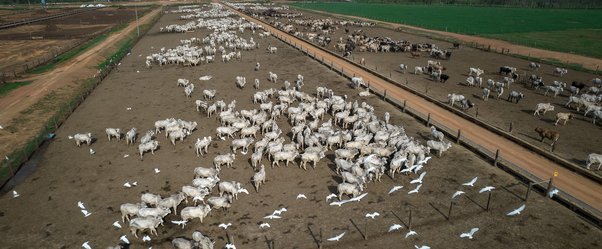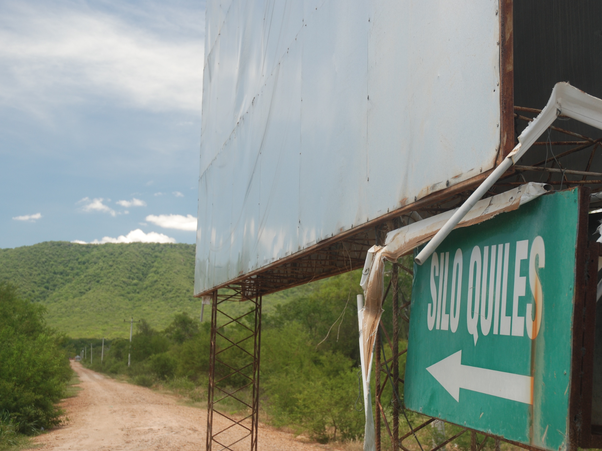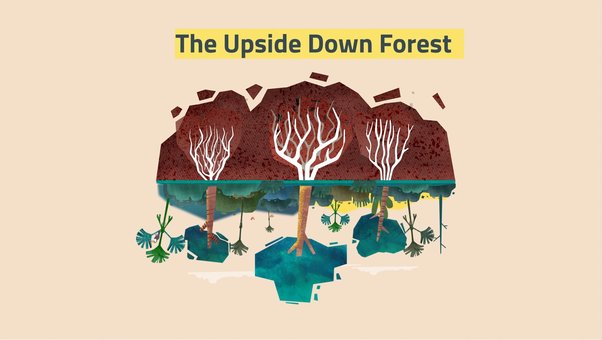The decision to allow Brazil-based meatpacking giant JBS to list on the New York Stock Exchange exposes deep, systematic weaknesses in the US financial system and a failure to prevent harm to people and planet, Global Witness says
The US Securities and Exchange Commission (SEC) has approved the initial public offering application for JBS to dual list despite the company’s well-documented historic ties to environmental destruction and human rights abuses.
JBS has been linked to corruption and widespread environmental harm. The Brazilian meatpacker has been a central focus of numerous Global Witness investigations, and faced allegations of Indigenous rights violations, land-grabs, deforestation and severe due diligence failures within their supply chain.
Companies like JBS are major drivers of deforestation and environmental harm, yet with the likely end of the climate risk disclosure rule and ongoing regulatory gaps in the US financial market, financial flows to destructive industries continue unchecked – an oversight that must be urgently addressed.
In response to the approval of the dual-listing, Alexandria Reid, Campaign Lead at Global Witness:
“By almost every metric, a company like JBS has a detrimental impact on society. Allowing it to list on the world’s largest stock exchange – unlocking vast opportunities for expansion and profit – shows the deep failures of the US financial regulatory system. This decision is a disaster for both people and the planet.
“There are real material risks to investors and physical risks to communities around the world that come from a destabilised climate. Companies like JBS play a disproportionate role in driving deforestation and other harm, and it is in the best interest of markets, people and planet to enact strong disclosure and regulatory frameworks.”
Twenty expert NGOs previously warned investors that the company’s new structure will hand over 85% voting control to the Batista family founders, severely limiting opportunities for minority shareholders to steer the company on ESG issues.
In 2017 the Batista’s firm J&F Investimentos, the controlling shareholder of JBS, was fined a record breaking $3.2 billion for its role in corruption scandals, a fine currently suspended due to J&F’s cooperation with federal investigators.
Reid added:
“JBS’s stock listing and the inevitable surge in profits for its executives and shareholders exposes deep failures at the highest levels of the US’s systems. It’s a stark reminder of how a poorly regulated financial sector only fuels inequality and harms society as a whole.”
Under President Donald Trump, the US has begun the process to withdraw from the Paris Agreement for the second time. With former SEC Commissioner Paul Atkins confirmed as the Chair of the SEC on 9 April, we expect his approach to the SEC to follow the Trump’s administration's direction on deregulation and moving away from both ESG and climate issues.
At a time when frontline communities are facing the worst impacts of the climate crisis, the decision exposes an urgent need for stronger regulatory frameworks to hold destructive corporations to account.


